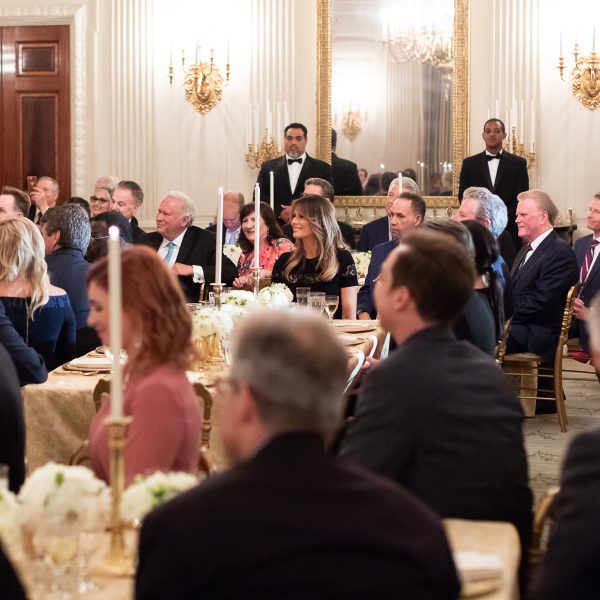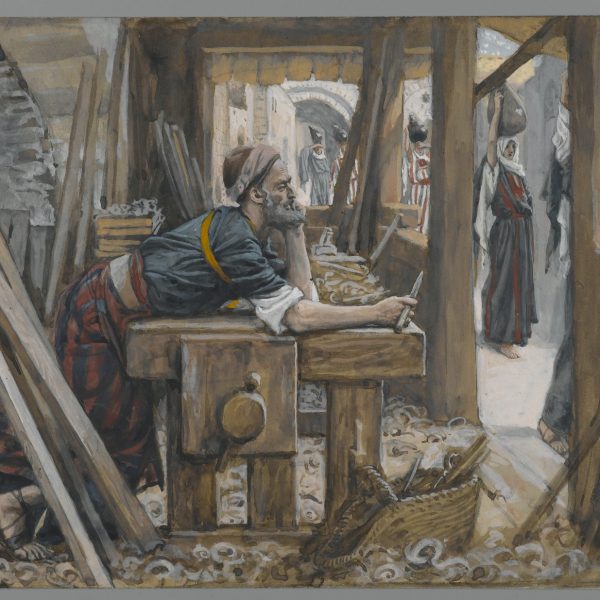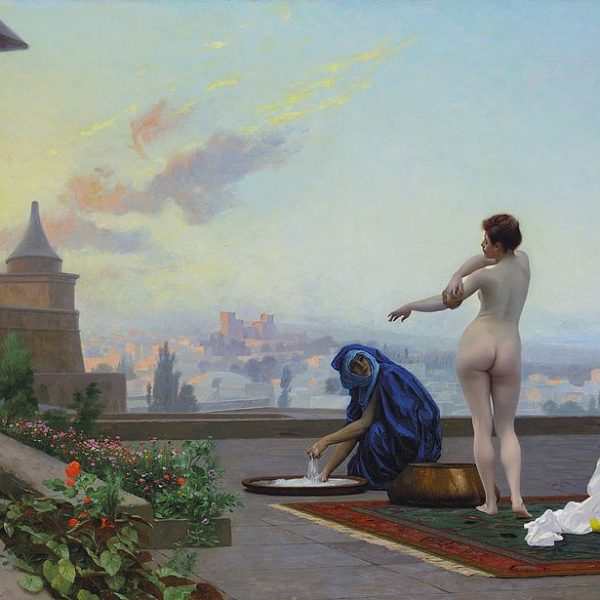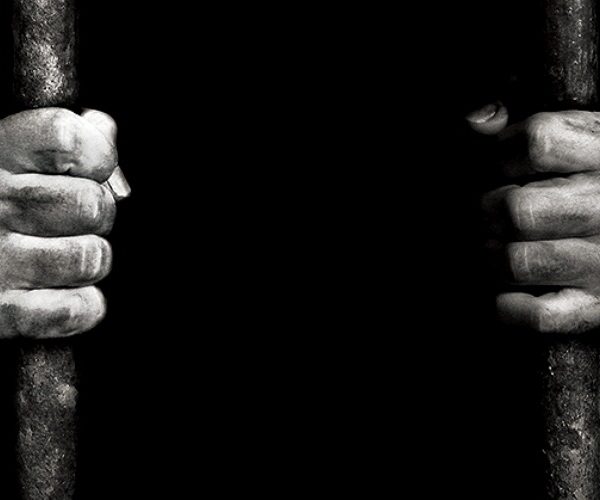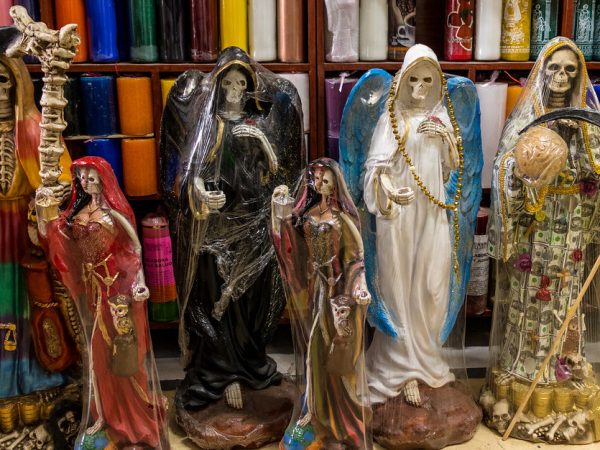
When we perceive La Santa Muerte devotees as people operating outside of the rules instead of people seeking God in the messiness of a broken world, we miss the fundamentally holy desires that operate alongside the damaged ones in these practices.
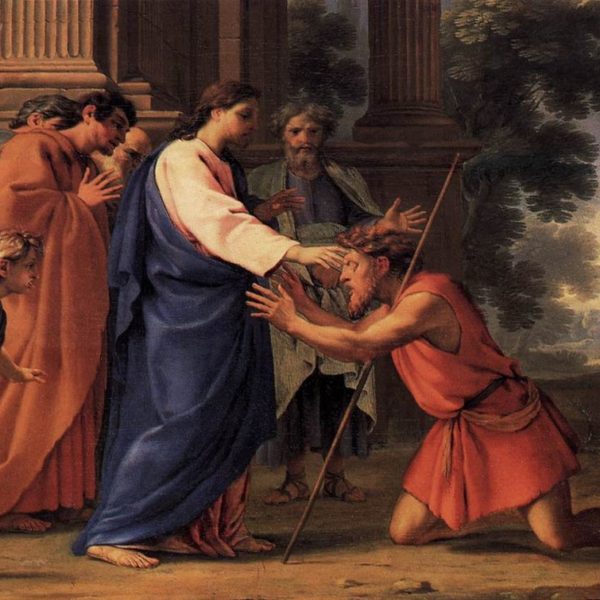
Sin exists in the denial of love and compassion. Where there is justice, there God’s work is seen. It is the absence of love and denial of fellowship with one another that defines sin. Being Christ’s disciple is building a just society by loving one another and creating a safe space for everyone to live in. The Church should be a welcoming place where everyone feels liberated and not judged based on differences or otherness
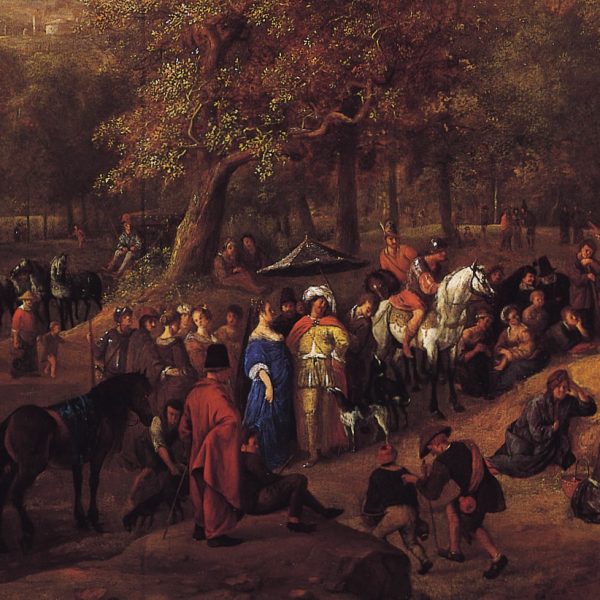
The message of John the Baptist challenges our complacency about sin, an attitude that pervades and perverts our entire life as a society.
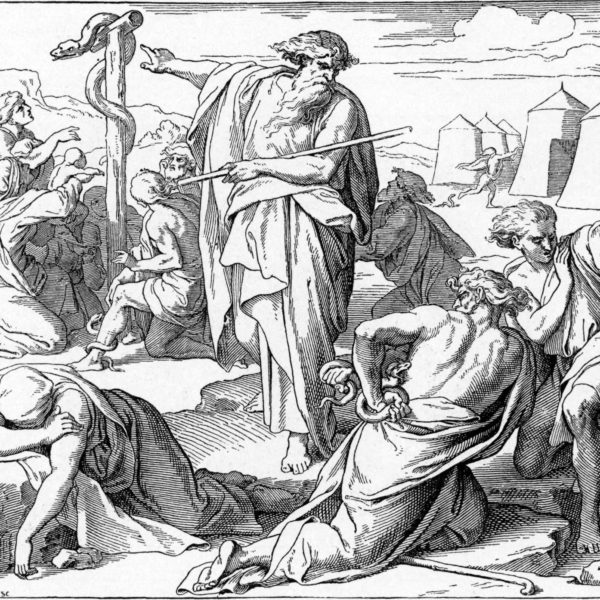
Although it is typically read as a passage about individual salvation and enjoyment of the life hereafter, read more closely, John 3:14-21 profoundly demonstrates that the elevation of Jesus on the cross confronts us with our own rejection of God’s gracious provision, our stubborn refusal to accept God’s way, and the radical, communal reckoning that leads to the fullness of life.
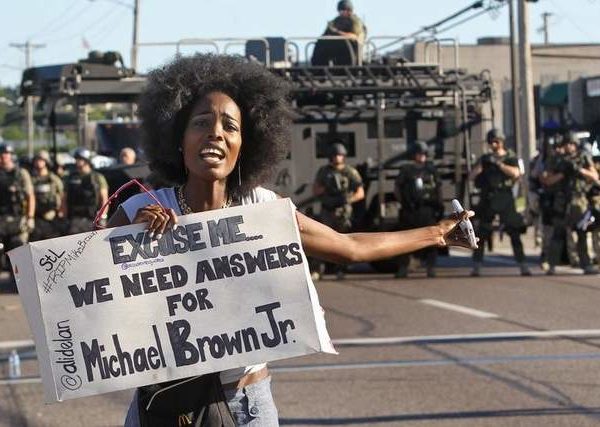
In the public imagination, dualism rules the day. The dualistic mindset sees things in pairs, and tends to perceive only absolutes. Evil must be balanced by good. The ways of righteousness have nothing to do with the ways of wickedness. Such dualism has characterized the fevered public discussion following the incidents involving Michael Brown and Eric Garner.
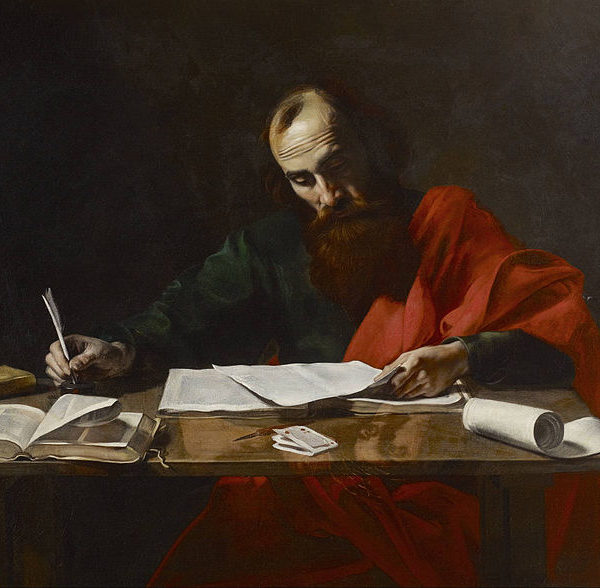
Paul speaks to our self-conscious understanding of tragic fatedness in Romans 7. Like him we long to be released from such an apparent fate, where we are not free to live as we know we could and should. This is more than an individual bondage to sin. It recognizes that sometimes we are prevented from living as we feel we ought by more than our own will; sometimes we are oppressed by the wills of others or even a system which seems to have a will of its own that is impermeable to reason.
During the past two decades, political liberalism has been put on trial. Political theorists indebted to Sheldon Wolin (William Connolly, Romand Coles, Bonnie Honig) have, in various ways, exposed liberalism’s tendency to conceal or downplay significant dimensions of political struggle. These authors indict liberalism for its narrow understanding of public reason, an understanding that underestimates qualities, practices and interactions within our lifeworlds that tend to thwart liberalism’s drive toward consensus and agreement (here I am thinking of clashing visions of the good life, memory of injustice, or the emergence of new movements that challenge our very notion of publicity and reason). This trend within political theory resembles developments in religious studies and theology. Recent discussions between Stanley Hauerwas, Jeff Stout, and Cornel West revolve around liberalism’s tendency to depoliticize religious commitments by relegating them to the private sphere. For these authors, this inclination overlooks the deep connections between democratic struggle and religious practice within American history. These authors remind us that democracy and faith are bedfellows (and not necessarily strange ones).
Jonathan Kahn and Vincent Lloyd, in recent blog posts here, attempt to move these discussions further and potentially in new directions…

